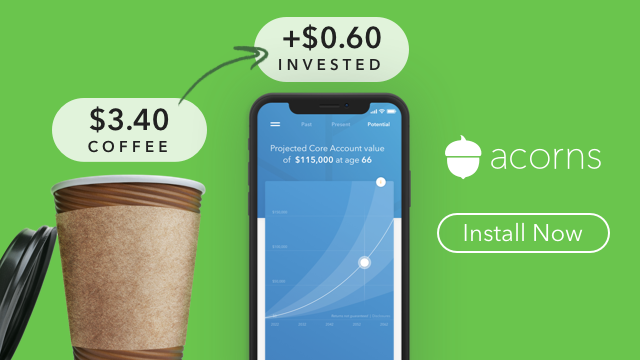How to Successfully Handle Short Term Investments: 6 Essential Tips
Individuals often purchase short term investments because they know that they will need their money back in a short while for a large purchase (i.e. like a car or a home), but they don’t want their money to sit around and gain nothing in the meantime.
In this article, we are going to look at how a person can successfully handle short term investments in order to achieve their goals. This article does not discuss short-term trading of long-term assets like stocks. Rather, it seeks to provide insight on how to manage low-risk assets meaningfully.
General Information About How to Successfully Handle Short-Term Investments
The most common short term investments are usually forms of debt sold by highly stable, incredibly large organizations. For example, banks will sell certificates of deposit (CDs) to fund their lending to other borrowers, and large corporations sell commercial paper (CP) to fund some of their daily operating activities.
A prudent investor can use short-term investments to produce a small return over a minimalistic period of time before receiving their principal investment back to do what he or she needs to do. Successfully managing these kinds of investments requires a strategy before beginning.
6 Tips on How to Successfully Handle Short Term Investments
Tip 1: Know the Different Types of Short Term Assets
There are basically six different kinds of short term investments, some of which we have already hit on. These include:
- Savings Accounts.
- Certificates of Deposit.
- Commercial Paper.
- Money Market Funds.
- Short-term Bonds.
- Savings Bonds.
A short term investment is any investment that matures in two years or less. While we don’t have space here to discuss the intricacies of each type of short-term investment, it would be wise for you to research the above asset types and see which ones suit your circumstances.
Tip 2: While You May Never Lose Money, You Will Probably Lose Money
Short term investments are incredibly safe. As a result, it is almost guaranteed that you will not lose any principal that you put into these kinds of investments. However, even though you will basically never lose your principal (your original investment), you will probably lose money over time by investing in short-term investments.
This is because the rate of return on these types of investments is almost always less than inflation. In other words, if you purchase an investment that has an annual return of 2% and inflation is 3% that year, you will actually lose money. As a result, short-term investments are meant to be purchased tactically.
Tip 3: Short-Term Trading and Short-Term Investing Are Two Different Things
Oftentimes, when I discuss short-term investing with people in my community, there will usually be a person or two who become giddy with excitement and get a greedy look in their eye. The next second, these people are telling me about ways they think they can make massive gains by trading penny stocks.
That is not short-term investing. That is short-term trading of long-term assets. You will not get rich with short-term investing. However, it is incredibly safe and plays an important role in personal financial strategies.
Tip 4: Short Term Investments Still Face Degrees of Risk
Although short term assets are almost risk-free, there are still degrees of risk associated with them. Probably the riskiest short term asset is a money market mutual fund (MMMF or MMF). This type of fund takes your money and invests it into short-term bank and corporate debt issues and pays you a small amount of interest in return.
These funds will often pay a little bit better than a certificate of deposit, and a share in one of these funds usually costs $1. However, there have been rare instances in history where MMFs have “broke the buck,” meaning that, due to the economic crisis, the value of each share in a fund has traded for less than a dollar.
Tip 5: Use These Investments for Downtime and Security
There are basically two reasons to purchase short term investments. The first reason is to give your money a job when there’s no better place to work. If you don’t see any good place to invest your money in the stock market, then sometimes it’s better to just store it in a highly liquid short term asset so that it makes a little something while “unemployed.”
The second reason is to provide more stability to your portfolio as you get older. Aged individuals should consider purchasing bonds and CD ladders, especially as interest rates are rising, to provide stability to their principal and to produce livable income.
Tip 6: Avoid Early Withdrawal Fees
While most short term investments will allow you to access your money immediately, there are a couple that require you to keep your money stored with the company or bank for a minimum period. Make sure that you only make investments that will not require you to withdraw early as the fees for doing so can often be quite steep.
Instead, if you are afraid that you will need your money quickly due to emergency or for some other expense, it may be better to just keep cash on hand.
Closing Thoughts
The aspect that makes short term investments so great is that you have almost immediate access to your money when you need it and you can make a small return in the meantime. Always be sure to consider short term assets as part of a holistic financial plan, and make sure that you discuss any investment decisions with a trusted financial advisor before moving money around.
Short term investments can be a great asset class, but they can also poorly serve you if you act on them without a plan.
 Follow
Follow
